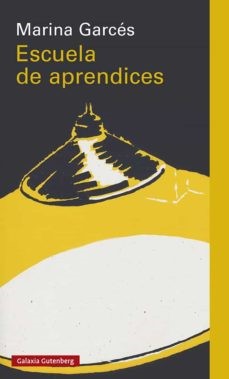
Marina Garcés (Barcelona, 1973) is a philosopher and university lecturer. Her thought is the declaration of a commitment to life as a common problem. That is why she develops her philosophy as broad experimentation with ideas, learning and forms of intervention in our world today.
Escuela de aprendices vindicates the figure of the learner and their learning as a system that interrelates knowledge and non-knowledge to confront the inequalities that condition the future. It is not a critique of emerging pedagogical models, but what lies behind the question “how do we want to be educated” and do what?
This essay by the philosopher Marina Garcés makes us think and invites us to ask ourselves some good questions and find some answers that may offer a point of disruption with our pre-established system. Perhaps, “we are ashamed of not having answers, and it is always easier to shoot at teachers and educators”. It is a systematic work that reaches its readers through a preface, nine chapters and an epilogue designed for the Massana School. Art and Design Centre, but which can be helpful to everyone.
As she herself says, the key question is how to educate, but this question must be asked from the learner’s perspective, not just the teacher’s or the system. Because in this book, we want to vindicate the learner as a point of view of the pedagogical reflection as a whole, rather than a sociological figure. This approach leads us to rethink the question and transform it into how we want to be educated.
Escuela de aprendicesdoes not intend to raise a debate between traditional and innovative methodologies; this would be to fall into a paradigm where “the only conflict is competitiveness”, a conflict “deliberately neutralised” by those who have their own interests. Nor does it aim to exhaust the multiple issues it raises, but rather “opens up a space for critical reflection in an area where practice, action and experimentation are inseparable from thought”.
Escuela de aprendices is a book that aims to open a space for critical reflection in an environment where practice, action and experimentation are inseparable from thought.
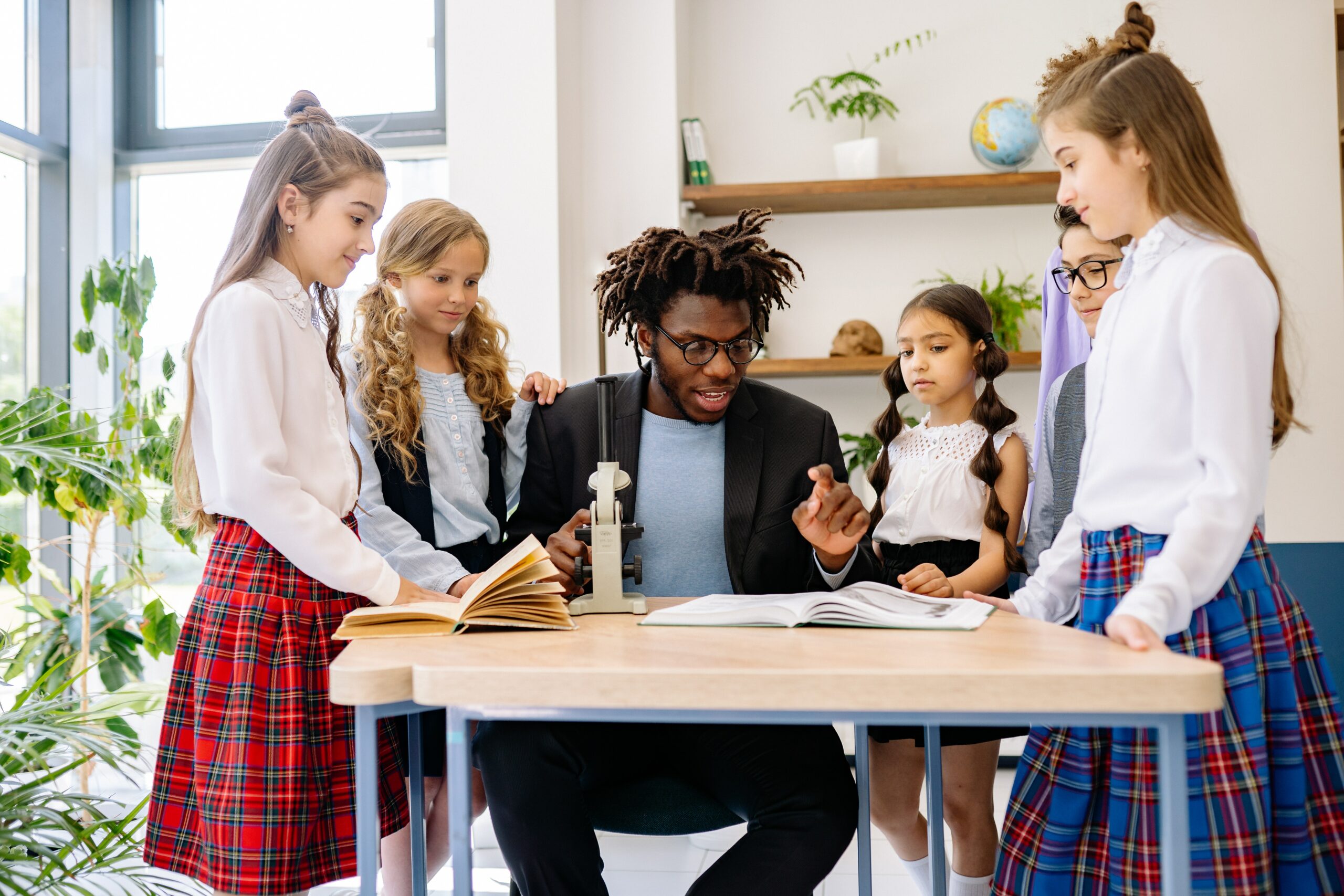
This production uses multiple philosophical references to put together the author’s thoughts. She offers them to us as a good philosophy teacher does. So, she says: making philosophy is an invitation to think together. It’s not thinking like me but with me. There is this moment in the book that I feel quite suggestive: the author recalls how she avoided giving a model of work, an answer to an exam question or a text commentary to her students for some time in her experience. She now realises that her position was not meant against the model but the form: “as the only argument for apparent learning”.
The model, then, is not the form that a student has to reproduce but an example that the teacher has to offer of making his teaching, a reinvention, too.
What do we have to learn and who has to teach it?
Our liquid society, a concept coined by the Polish sociologist and philosopher Zygmunt Bauman (1925-2017), is a victim of itself when it turns values into volatile and ephemeral stimuli. Even if it is its main element, the education system does not have enough muscle to bring together everything that needs to be learned and how. Social networks, incentivised consumption, the world of audio-visual content distribution on a global scale, etc., are an enormous counterweight to what happens in the classroom. Thus, “the concept of compulsory education turns a right (to education) into the exercise of an obligation (to schooling)” as if this alone guaranteed us learning, i.e. everything that “the system” has decided that we have to learn and for which it assumes responsibility through teachers. It doesn’t seem very easy for us to accept that, as we stated above: other learnings take place outside the school’s walls. Have we not done so while the Covid-19 pandemic has kept us confined?
However, Garcés does not “invoke a school without teachers, as of today’s education a-la-carte platforms dream of”. She describes schools from a specific perspective: “one of the apprentices, which help us think about conflicts and educational alliances; the one that opens up the question of how we want to be educated inside, outside and through the school system”. Her approach points out some dangers suggested in the subchapter The ignored teacher: she states that we are facing an “operation of programmed obsolescence” justified by two main arguments:
The expiration of teachers concerning the pedagogical use of digital technologies and the uselessness of their knowledge and its transmission.
Is it possible to learn without knowing?
In chapter 4, we come across a contribution that has to do with the personalisation of learning when the author states that there is no learning if it does not happen to everyone. However, beware of confusing concepts: if one of the current pedagogical discourses focuses specifically on personal talent, are we not moving from a “formative” educational model to an “extractive” one? Which is the most transformative model? Garcés masterfully accompanies us to find the answer to these questions.
We seem focused on a “lifelong learning empty of knowledge” lately. As if the fact of knowing was not “an experience about certain contents” that must be contextualised and specified in real actions in the daily life of each individual. No, there is no such thing as knowledge, understood as a set of accumulated knowledge. Emancipation is the goal:
The ability to think for oneself with others.
Learning to learn is an instruction
Educational institutions, pedagogical theories, or methodologies are not the most important thing; it is people’s attitude towards their own education in an act where learners teach, and teachers learn and vice versa. It is a matter of inciting action through thought. Garcés contrasts “learning to learn” with the slogan dare to know. According to the author, the present competency-based curriculum turns learning to learn into a relevant factor that, according to the author, has to do with the organisation and management of learning and with “an adaptive virtue that combines tactical, strategic and motivational aspects”. Instead, it is adapting to an uncertain and changing reality rather than the emancipation of the learner’s independent thinking. Knowledge has been regulated for generations, and now neuroscience facilitates the design of effective behaviours. What is still at stake is that the knowledge we learn and how we acquire it must allow us to “start thinking for ourselves” because we will never possess all the information. That is why, as Garcés says:
It is as important to know as it is not to know. To learn is to embrace such disproportion.
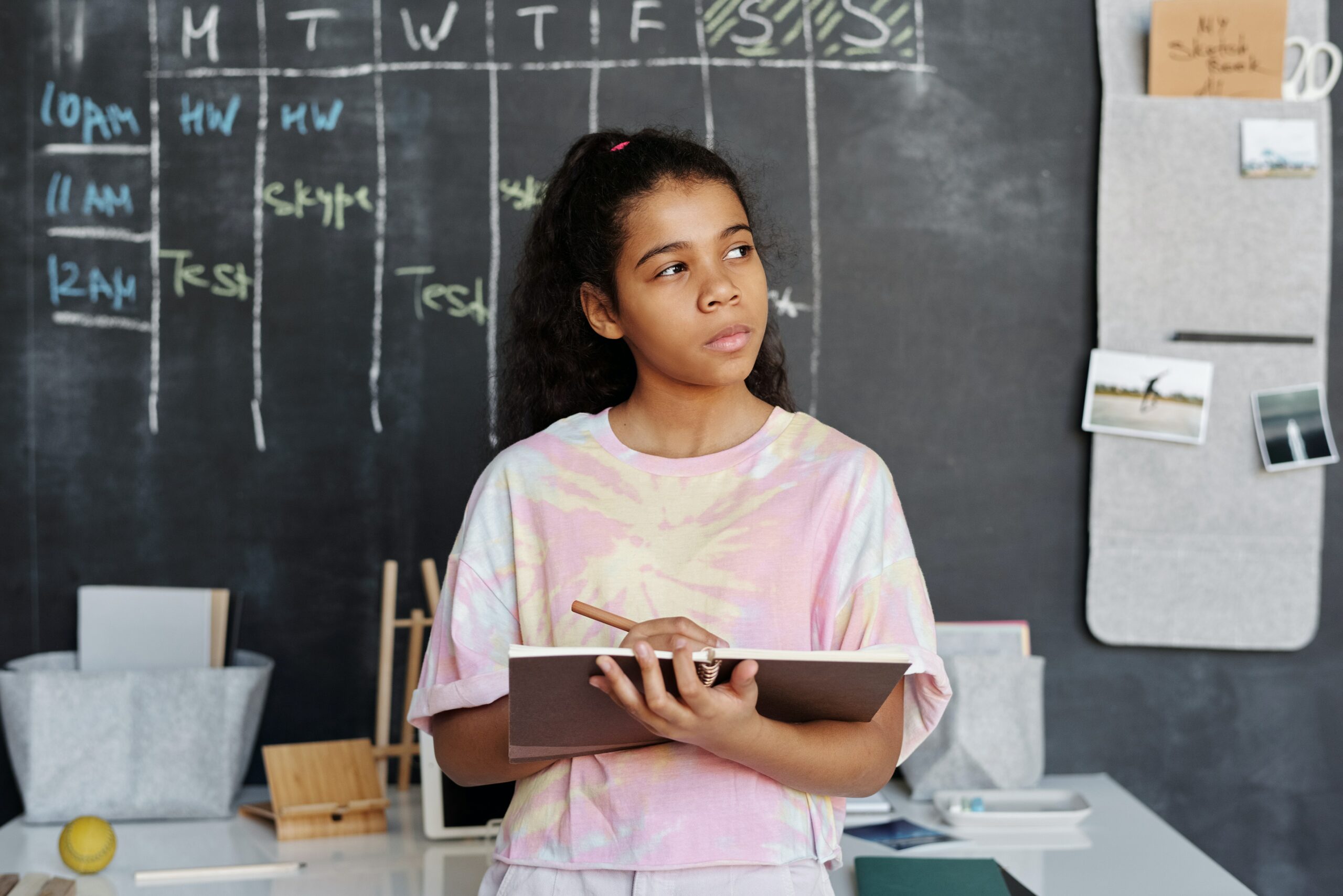
What is still at stake is that the knowledge we learn and how we acquire it must allow us to start thinking for ourselves because we will never possess all the information.
To conclude, I would like to add a few more ideas. The first: it is interesting the play of concepts and the corresponding review the author proposes as she presents the different angles of authority, adaptive servility and disruption; a “constant adaptation to change and uncertainty as a new form of obedience”. And the second: what do we want the education of our learners to be like if we continually draw such uncertain and chaotic futures? Are we turning the school system into a dead end? Because “asking ourselves how we want to be educated implies being able to ask ourselves what futures we can imagine and which pasts we want to link them with”. There are no recipes but doubts that open up – if we reflect courageously – a world full of possibilities.
You might also like

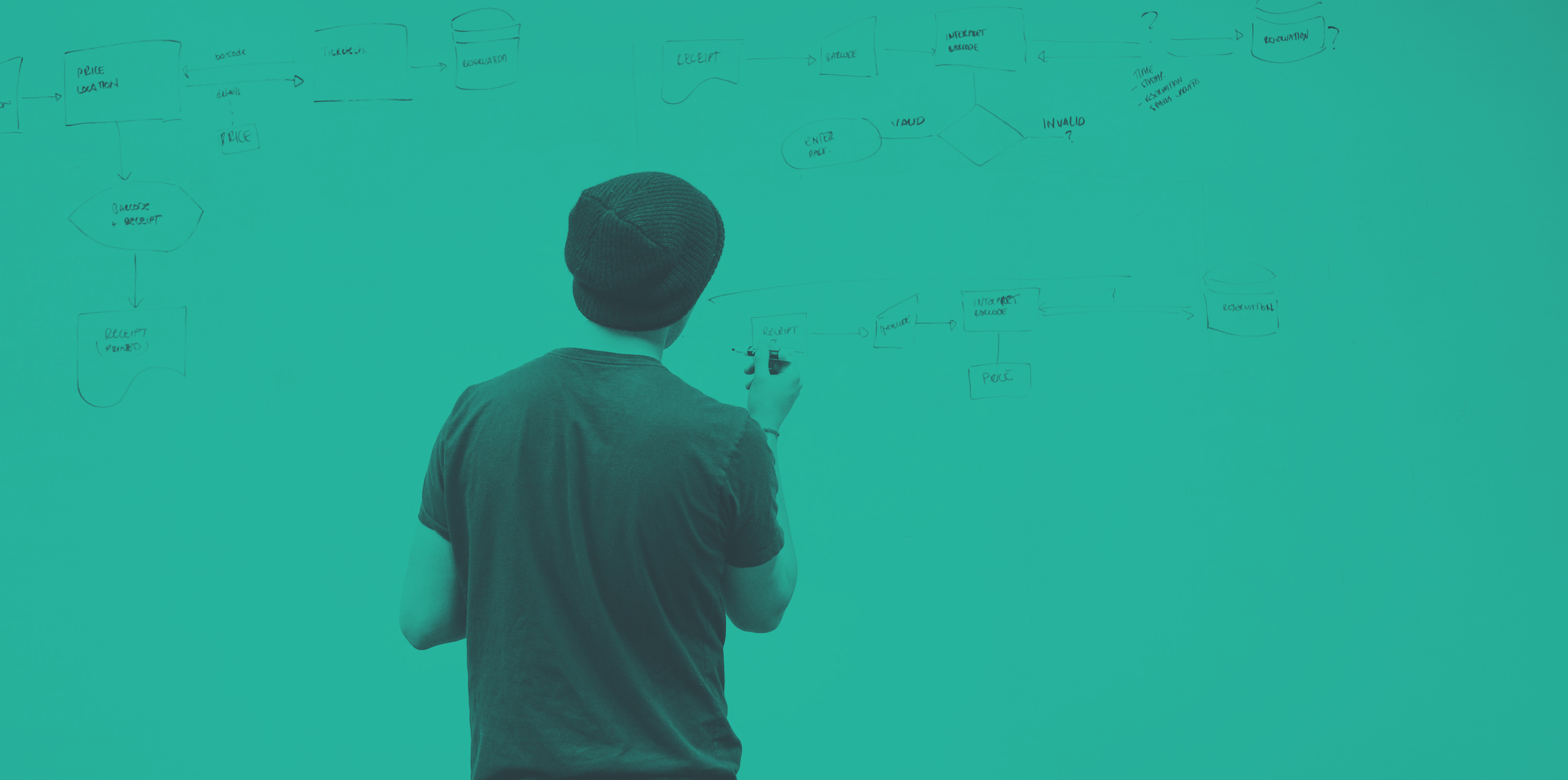
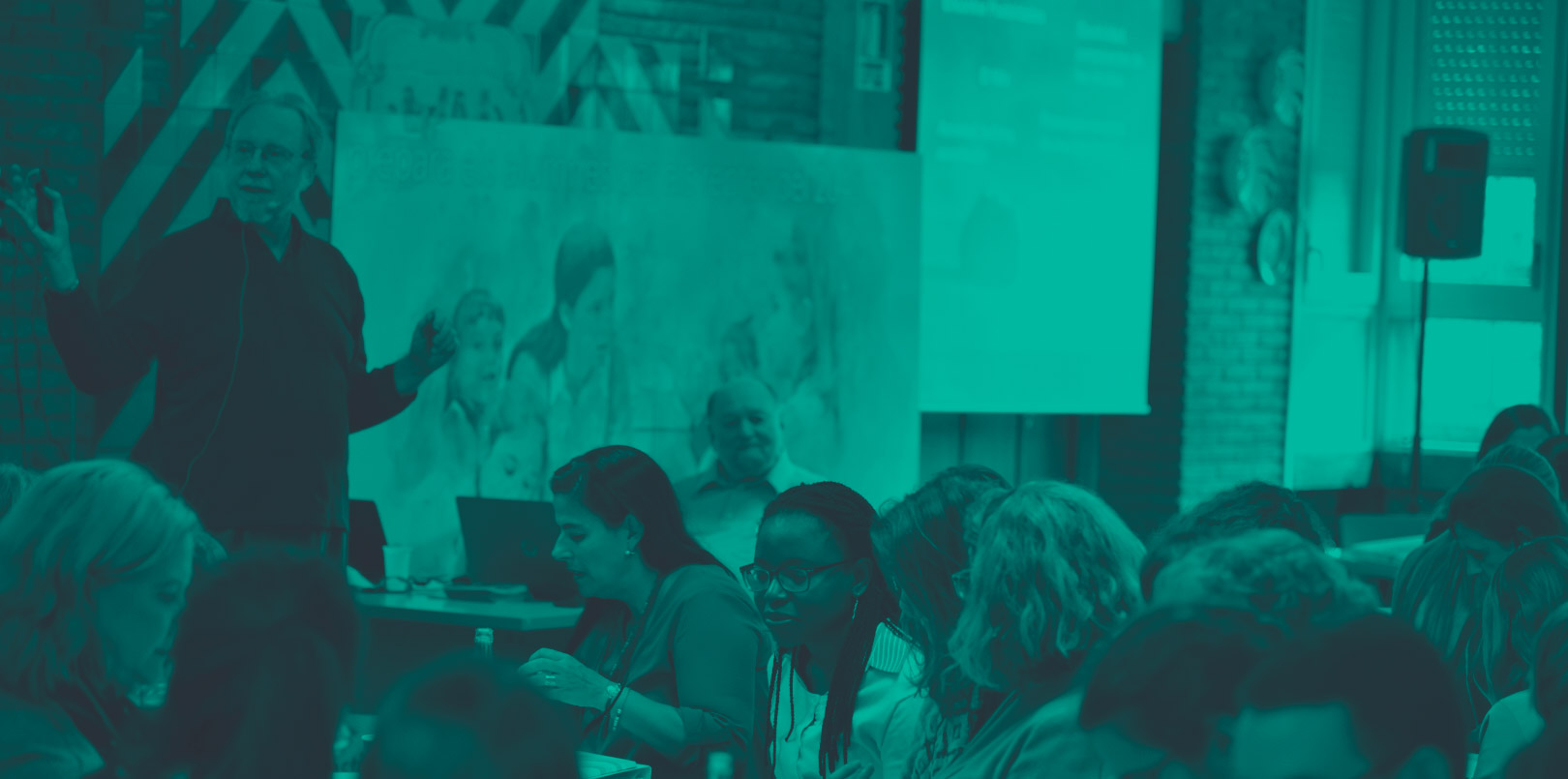
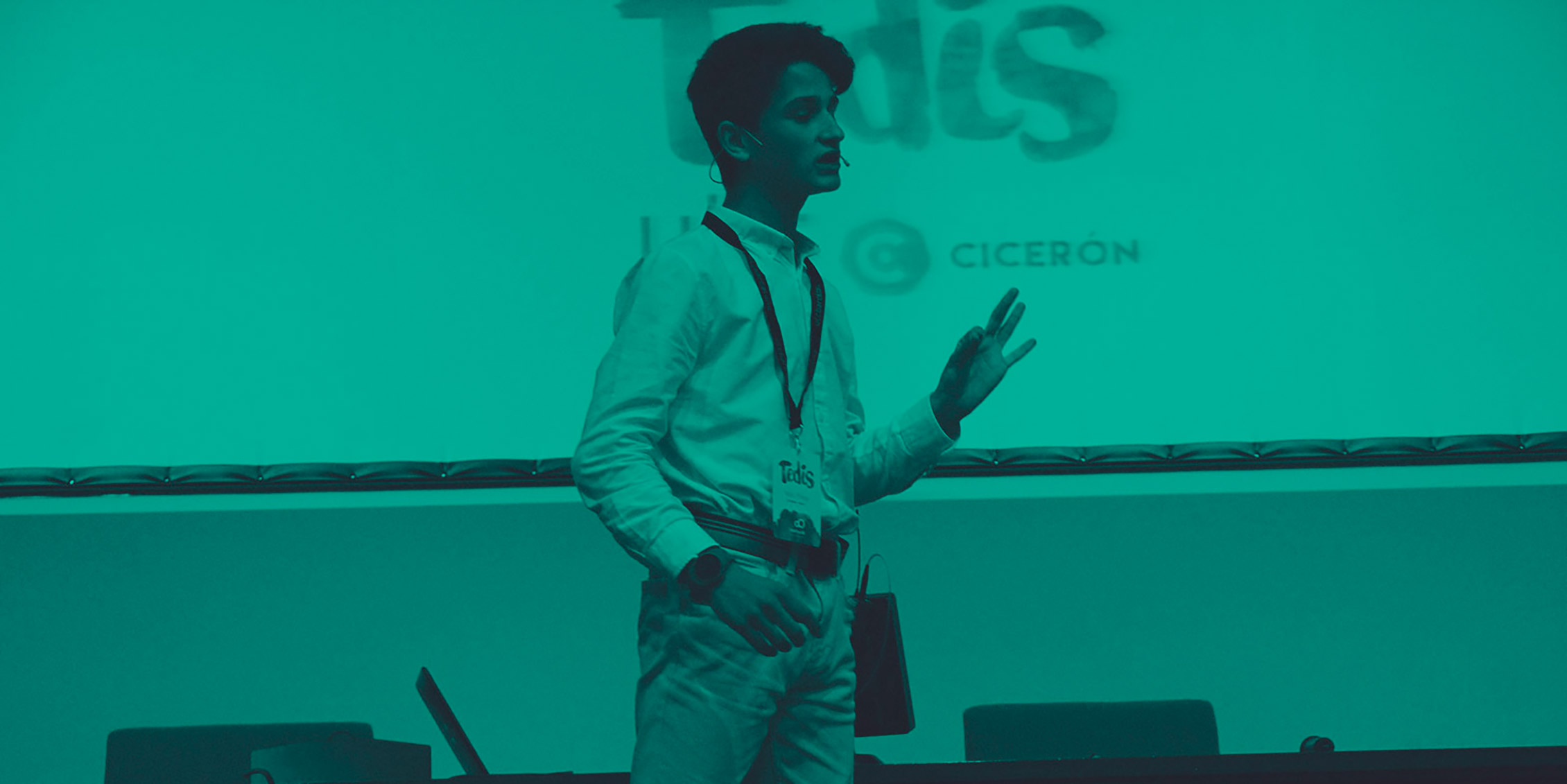
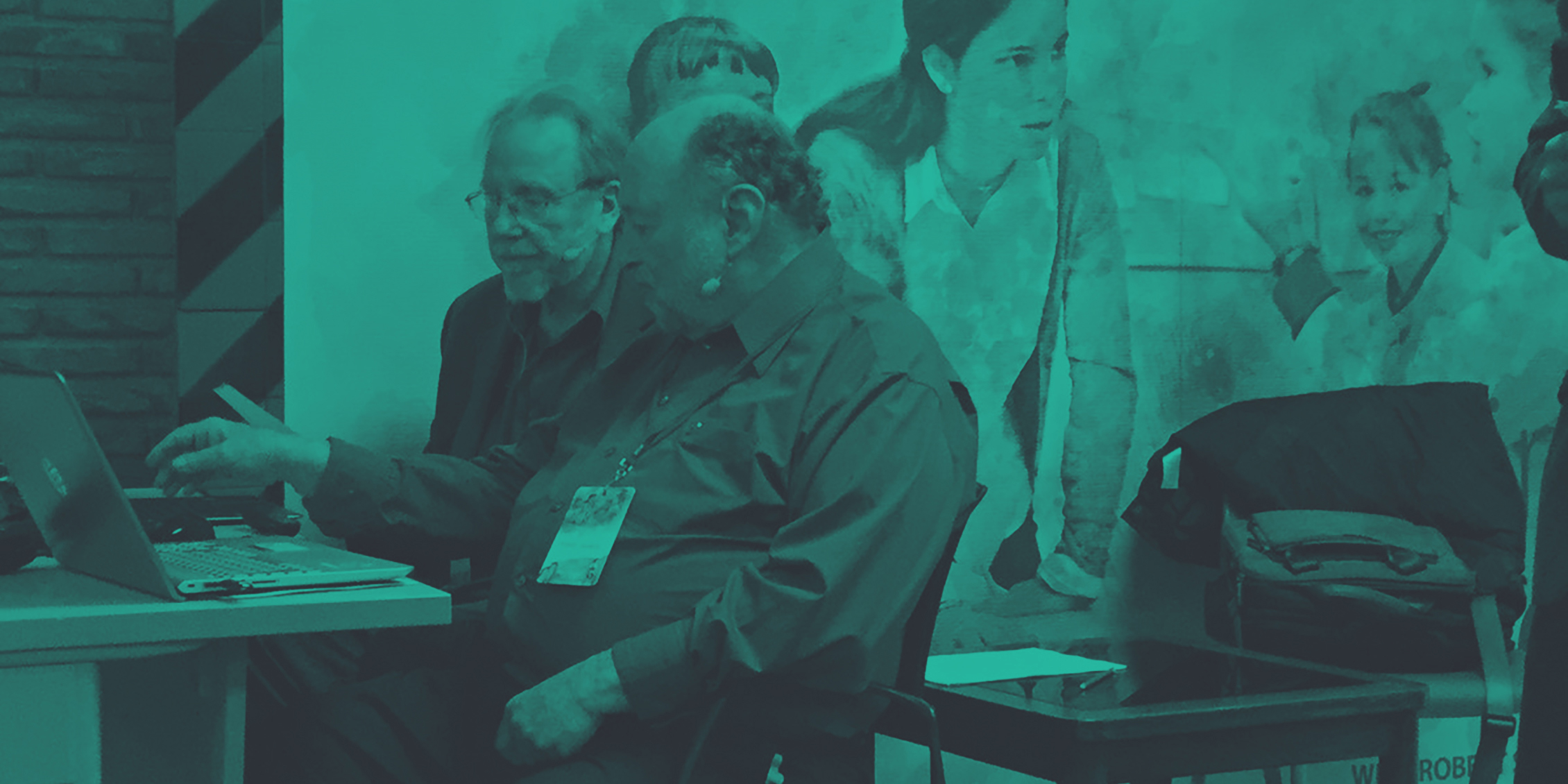
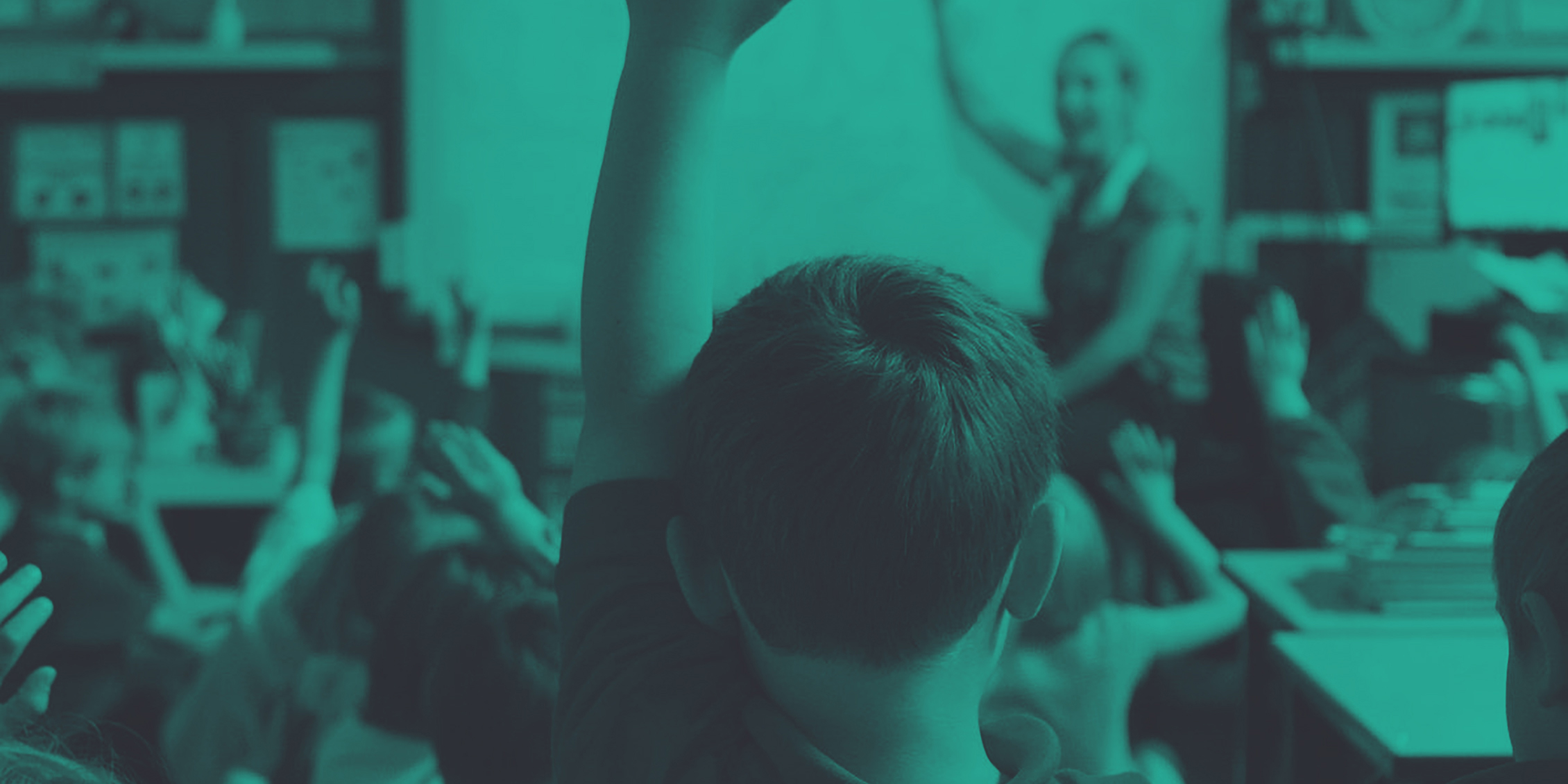
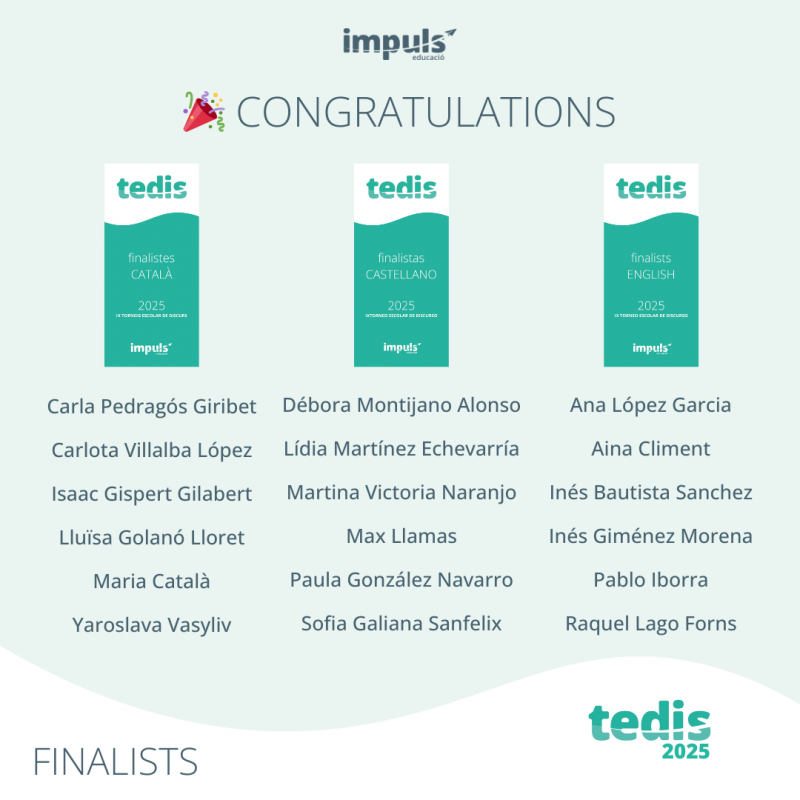
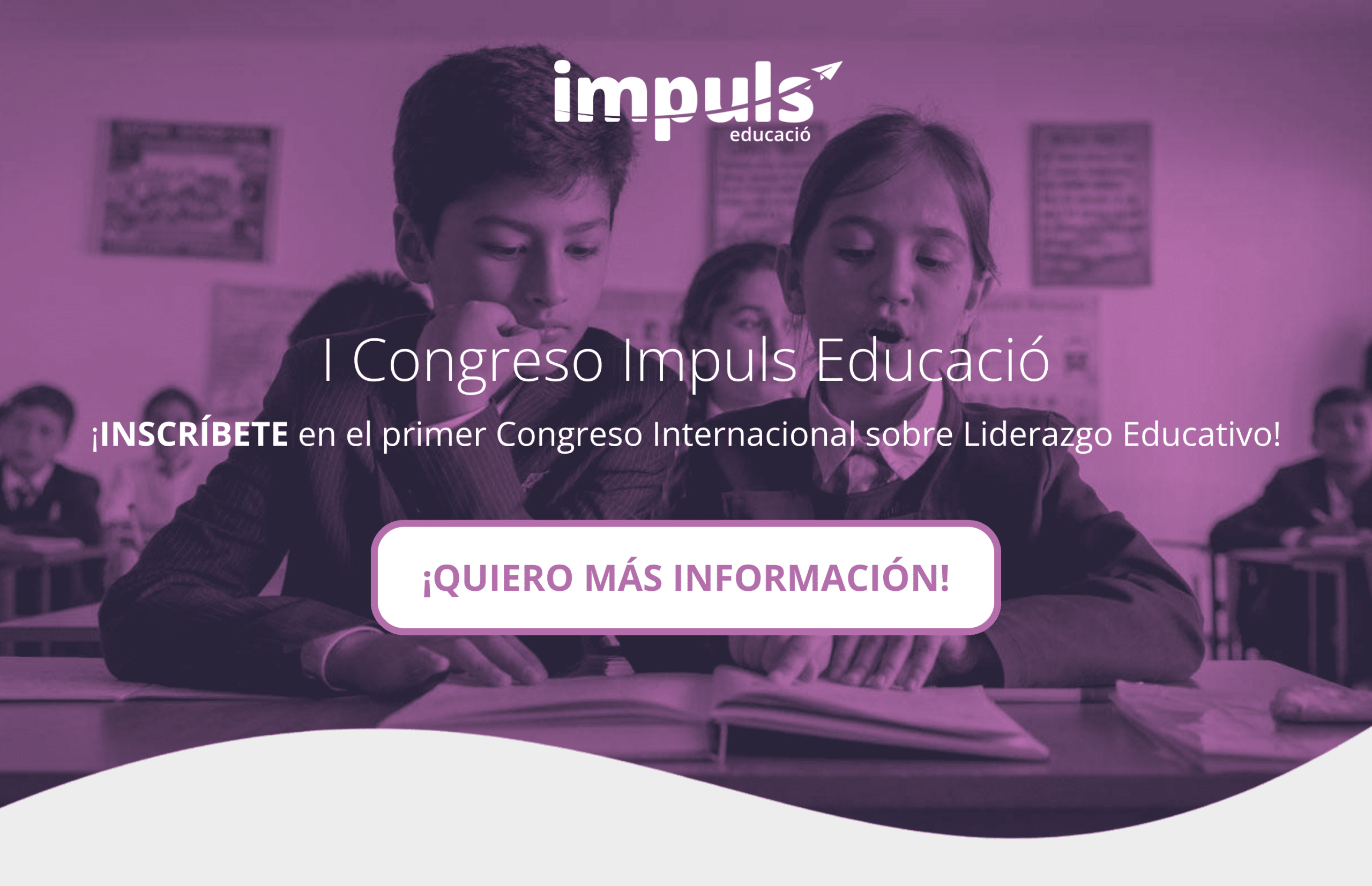
Leave A Comment